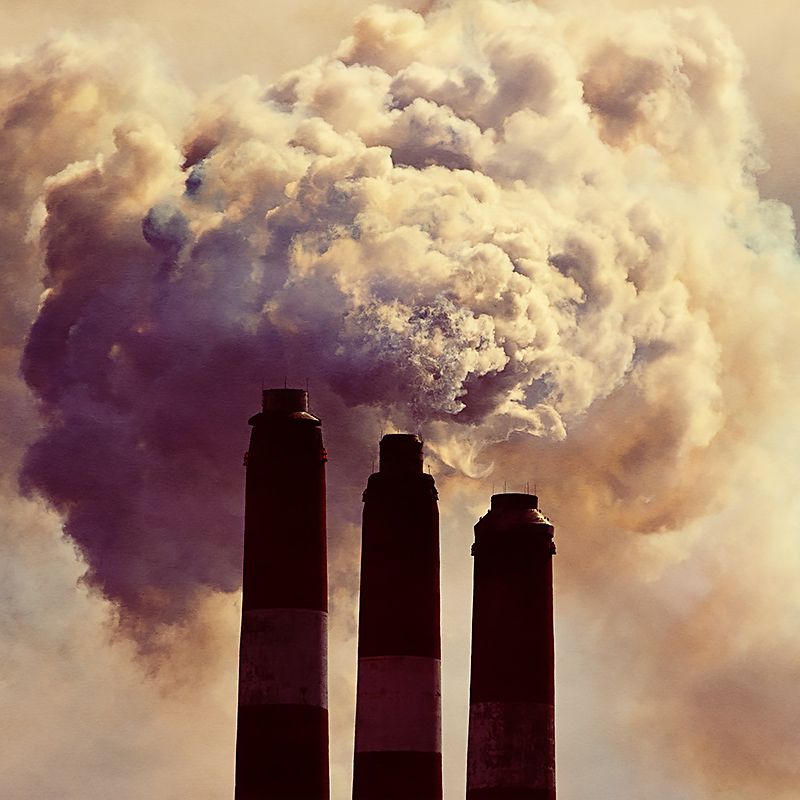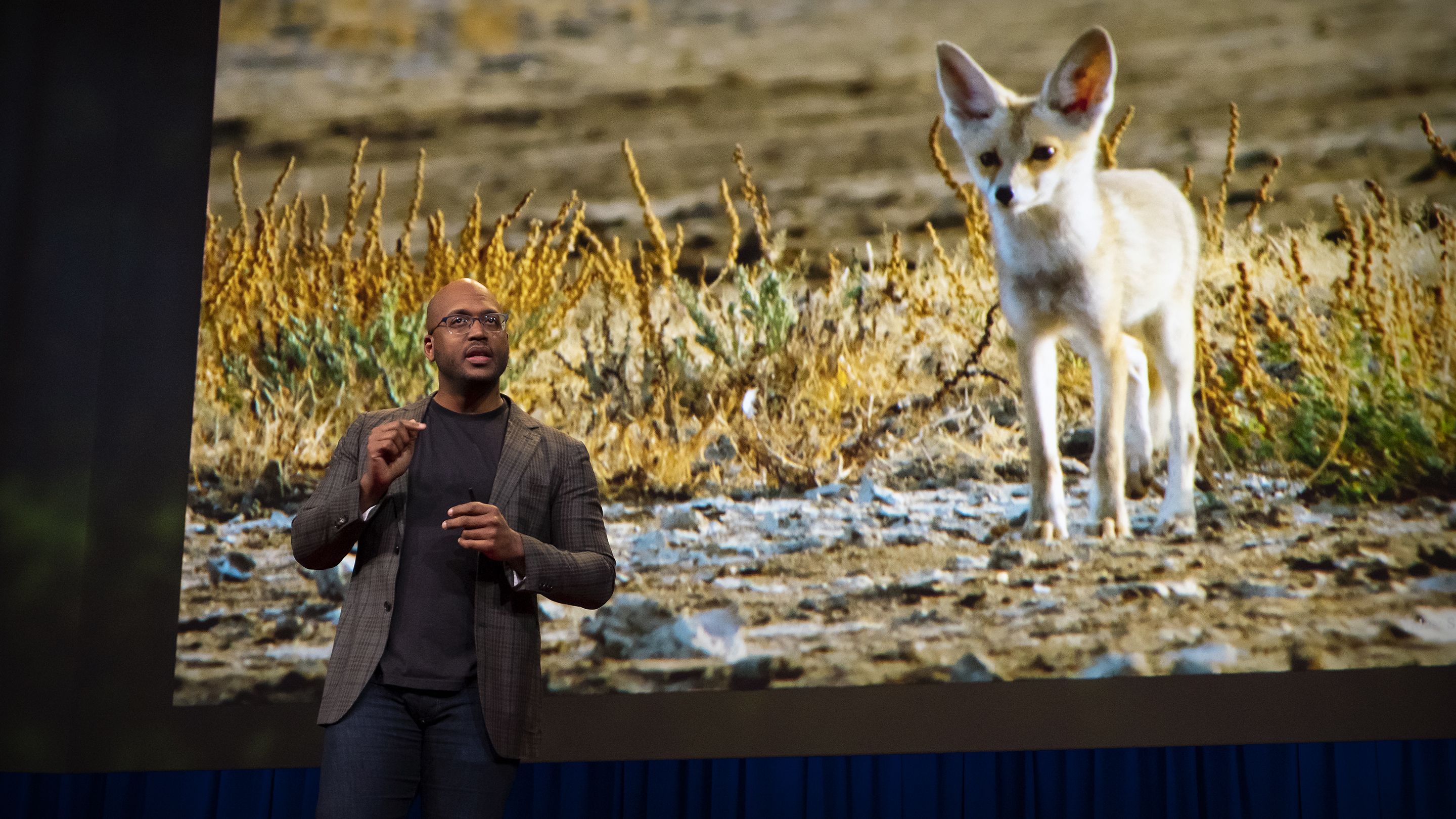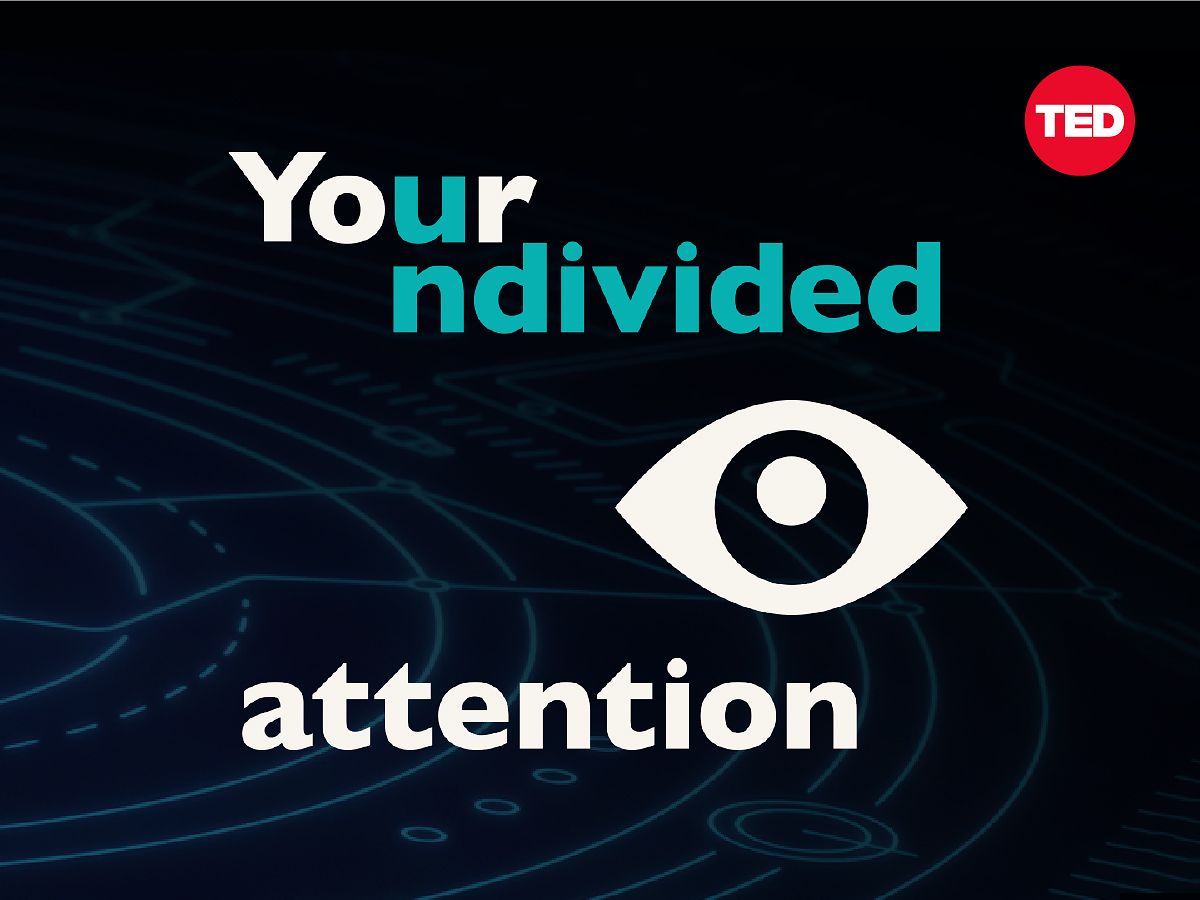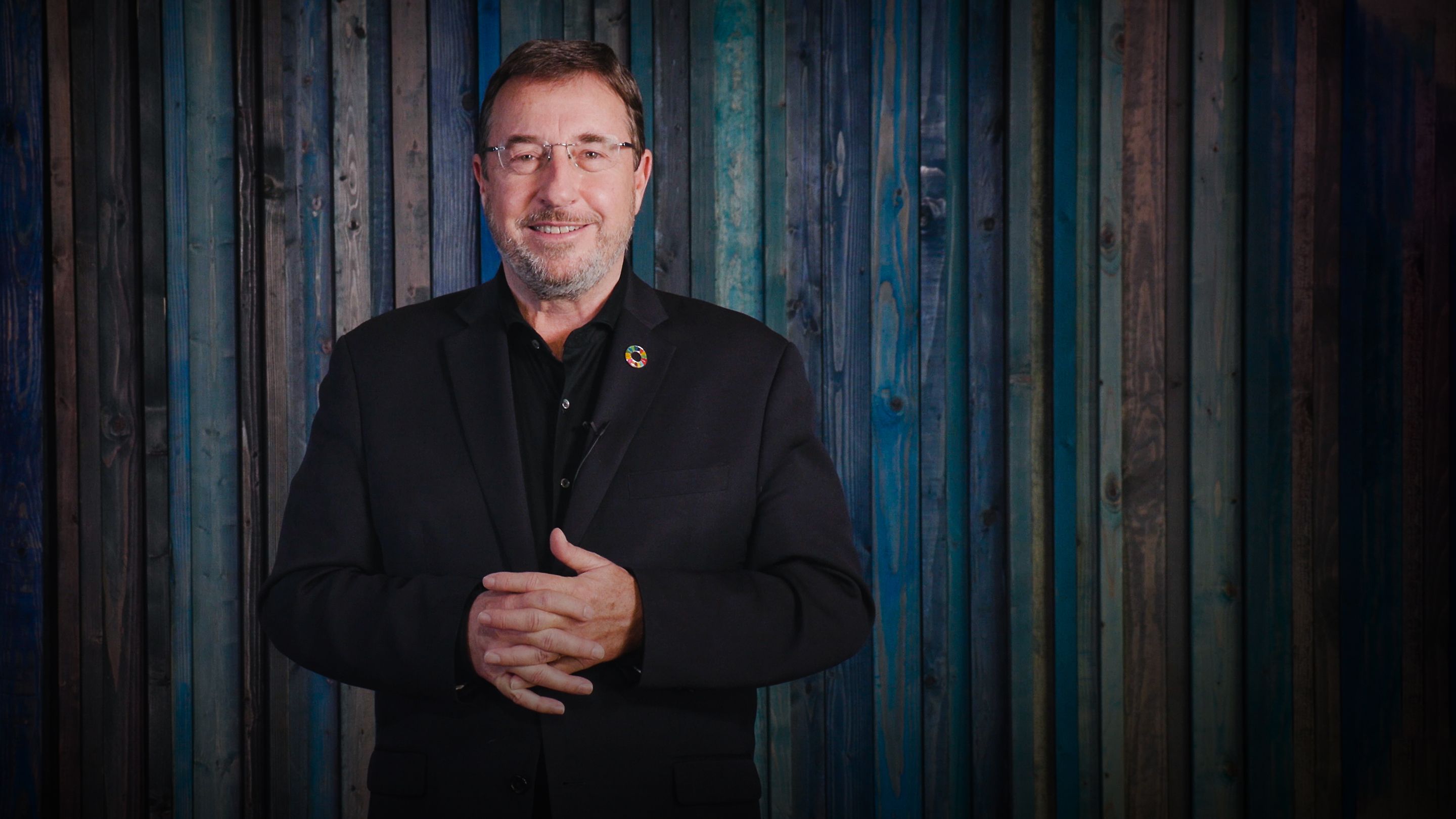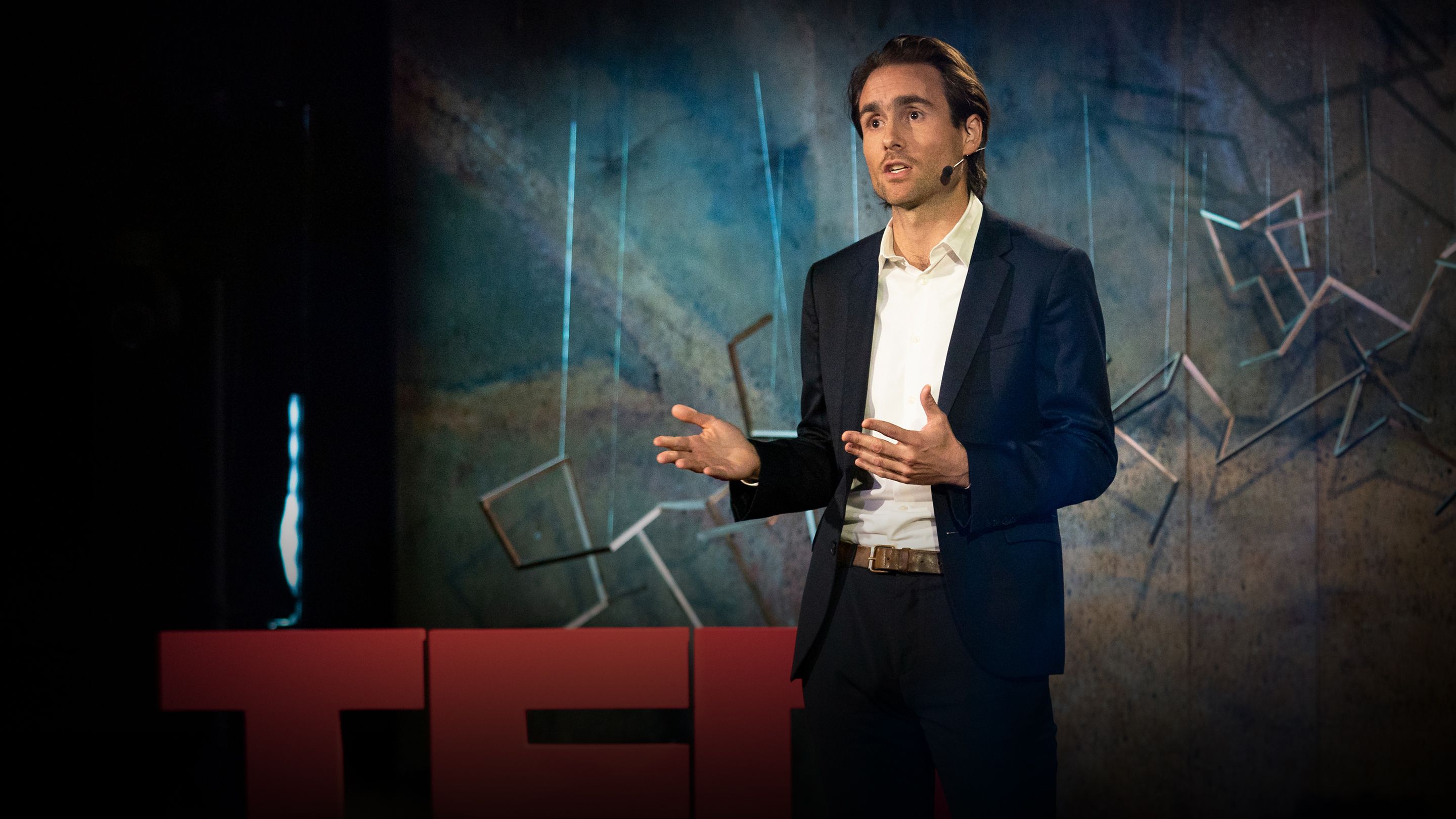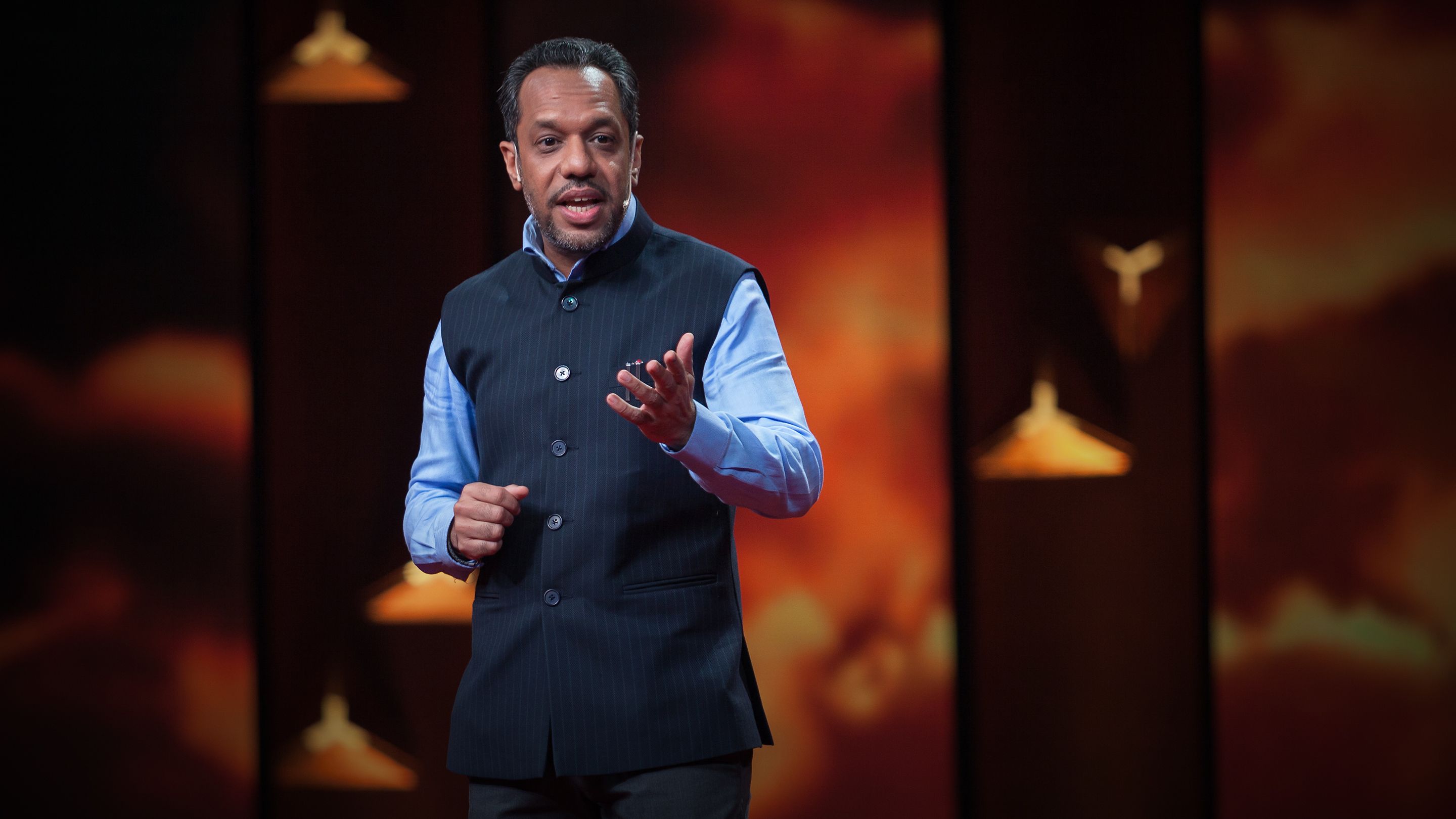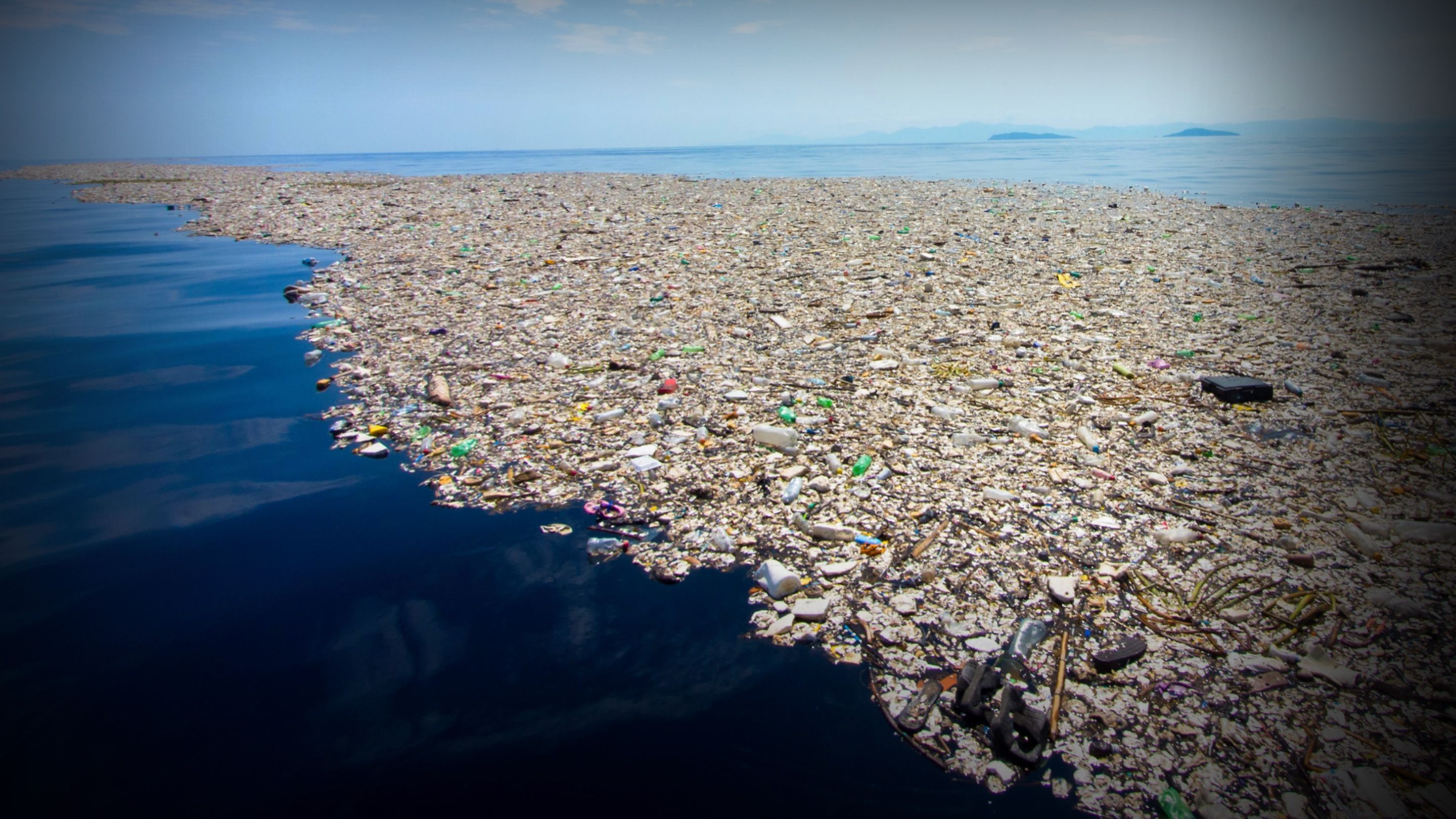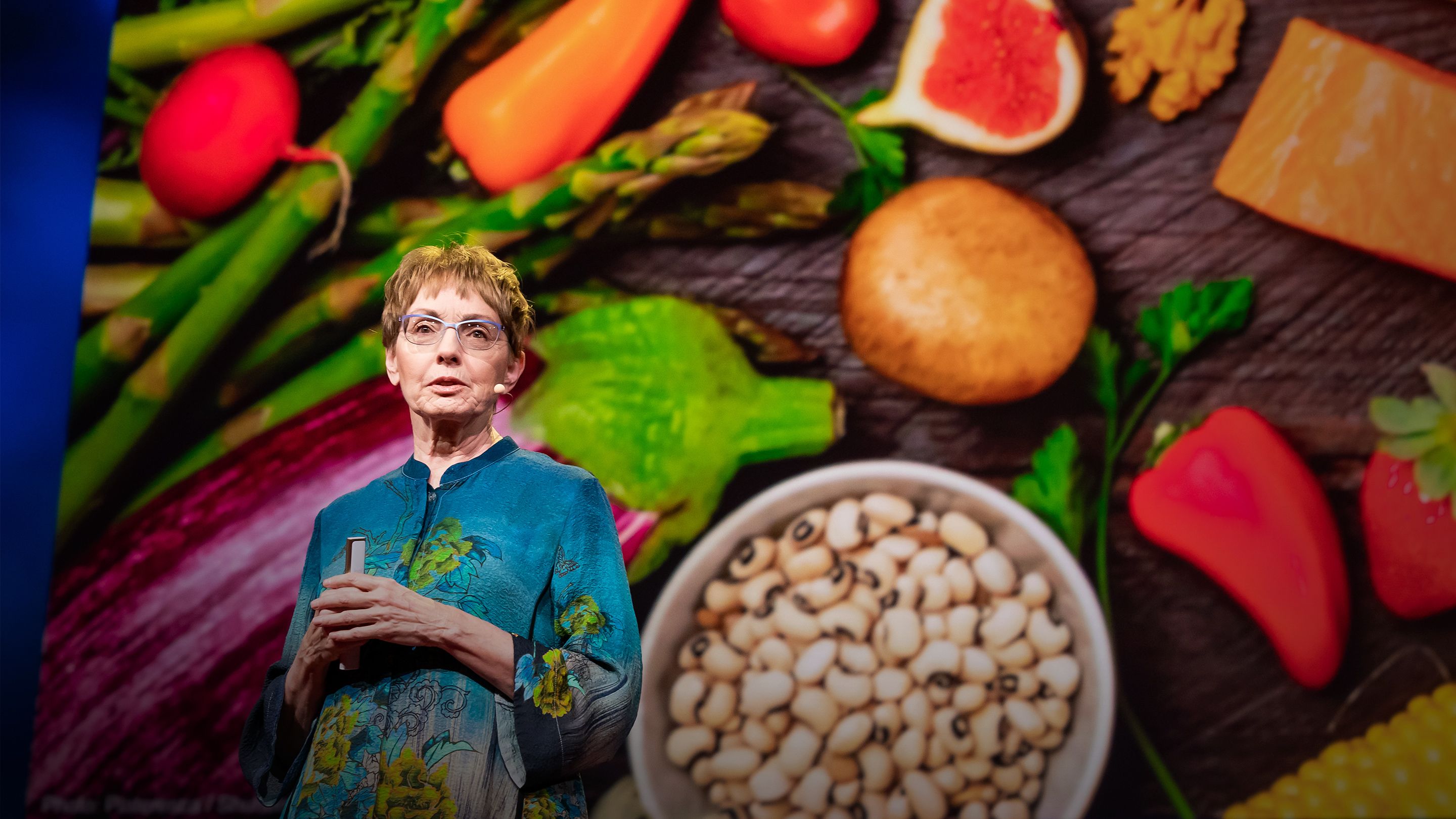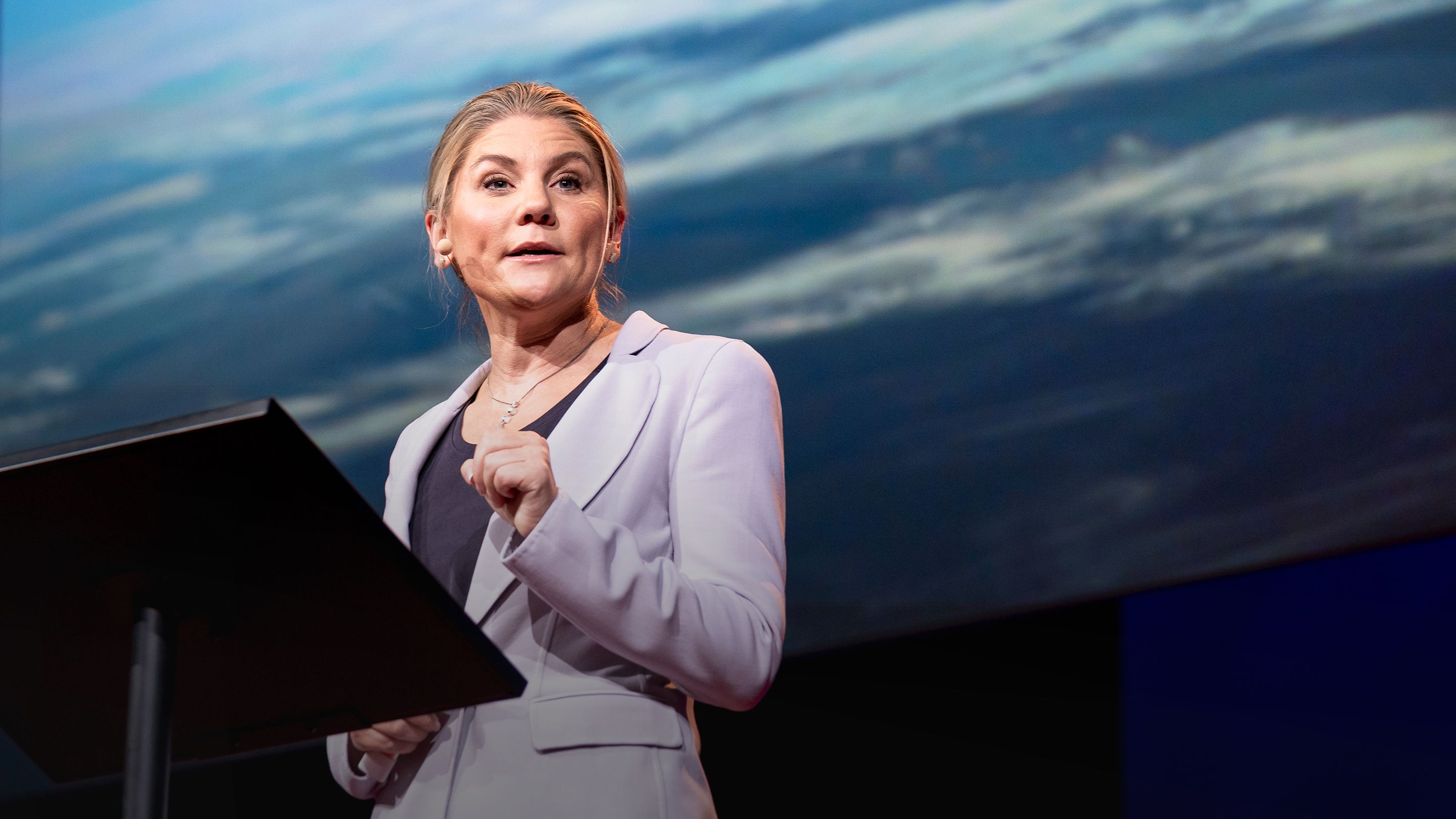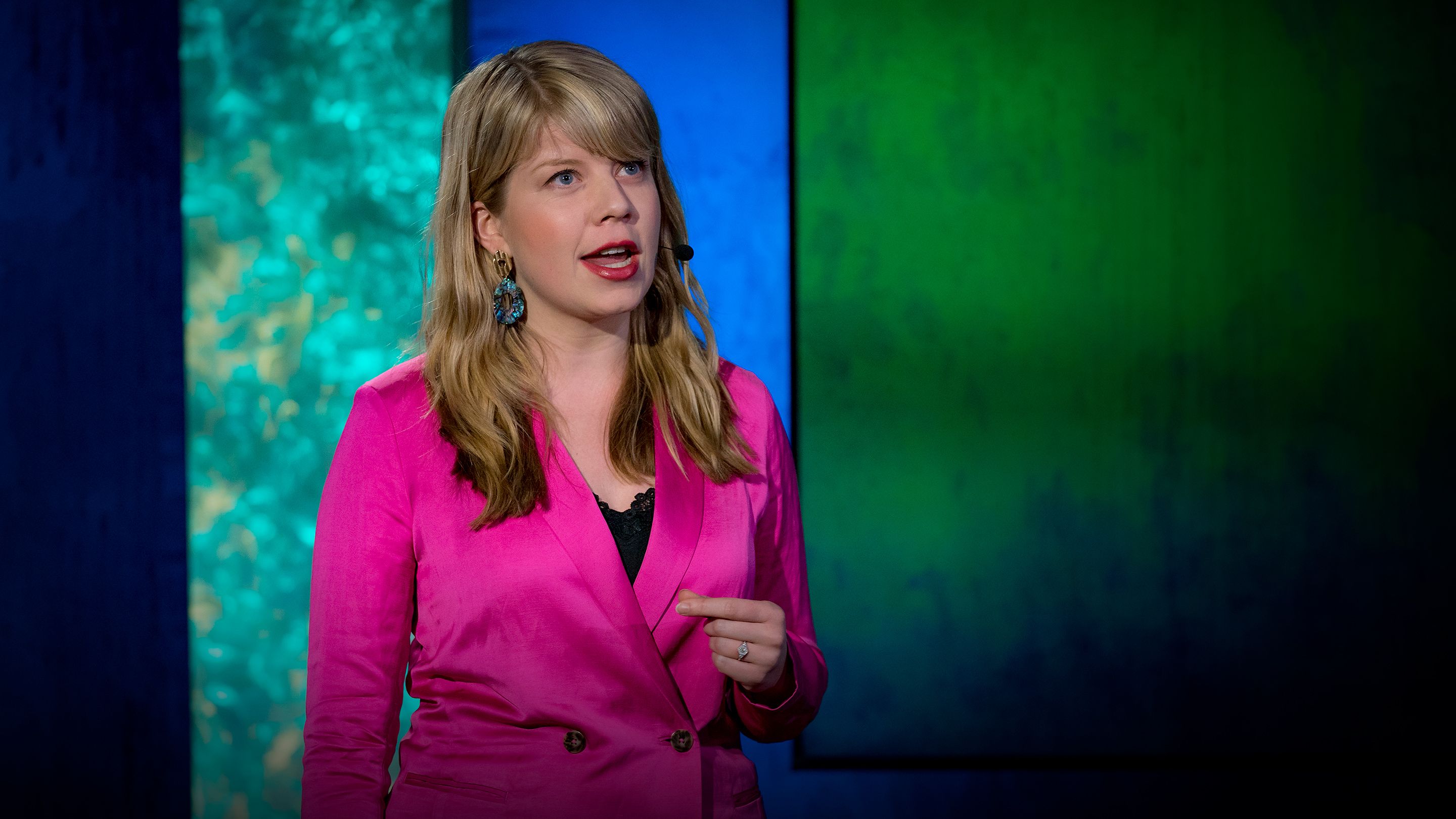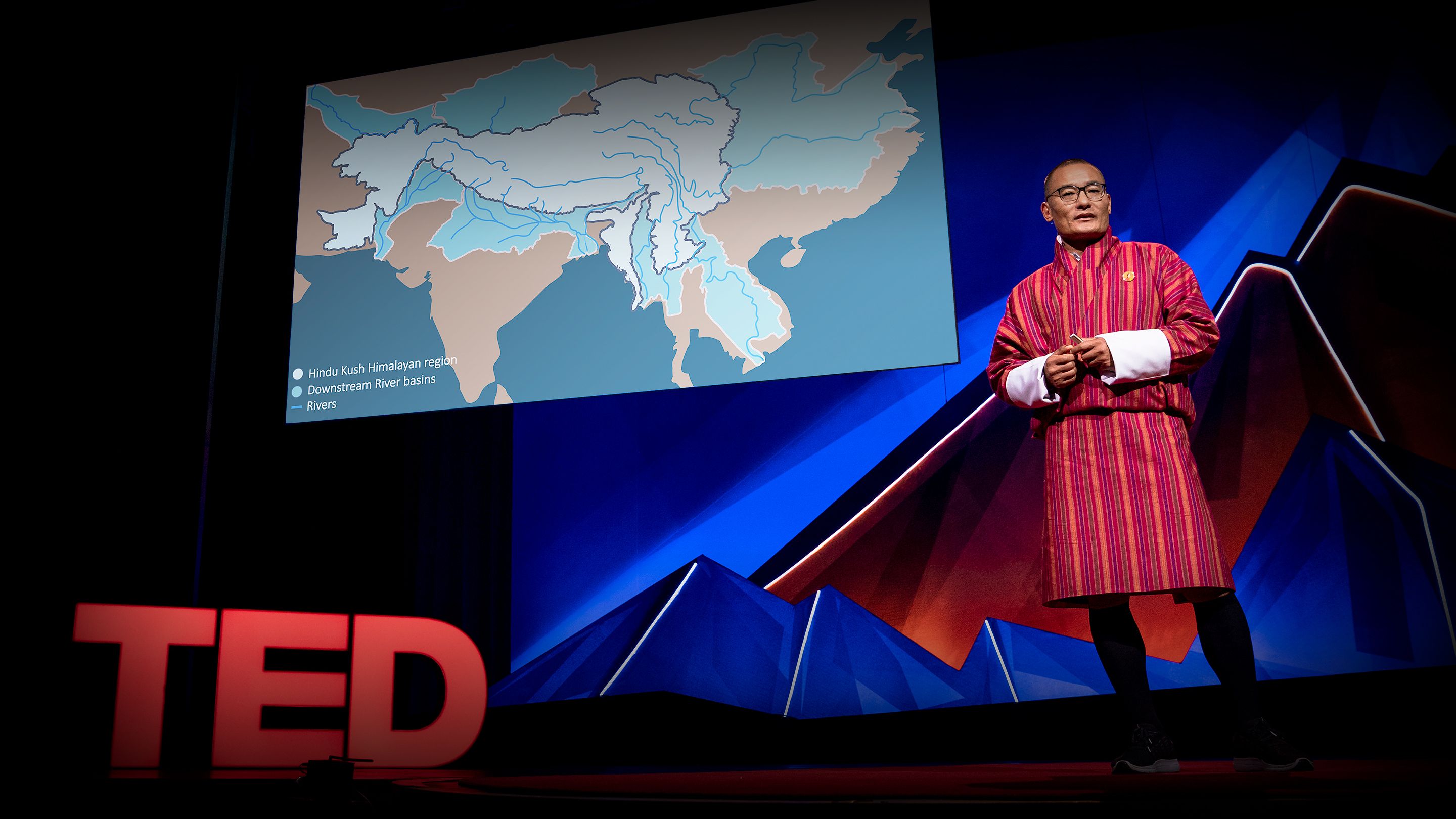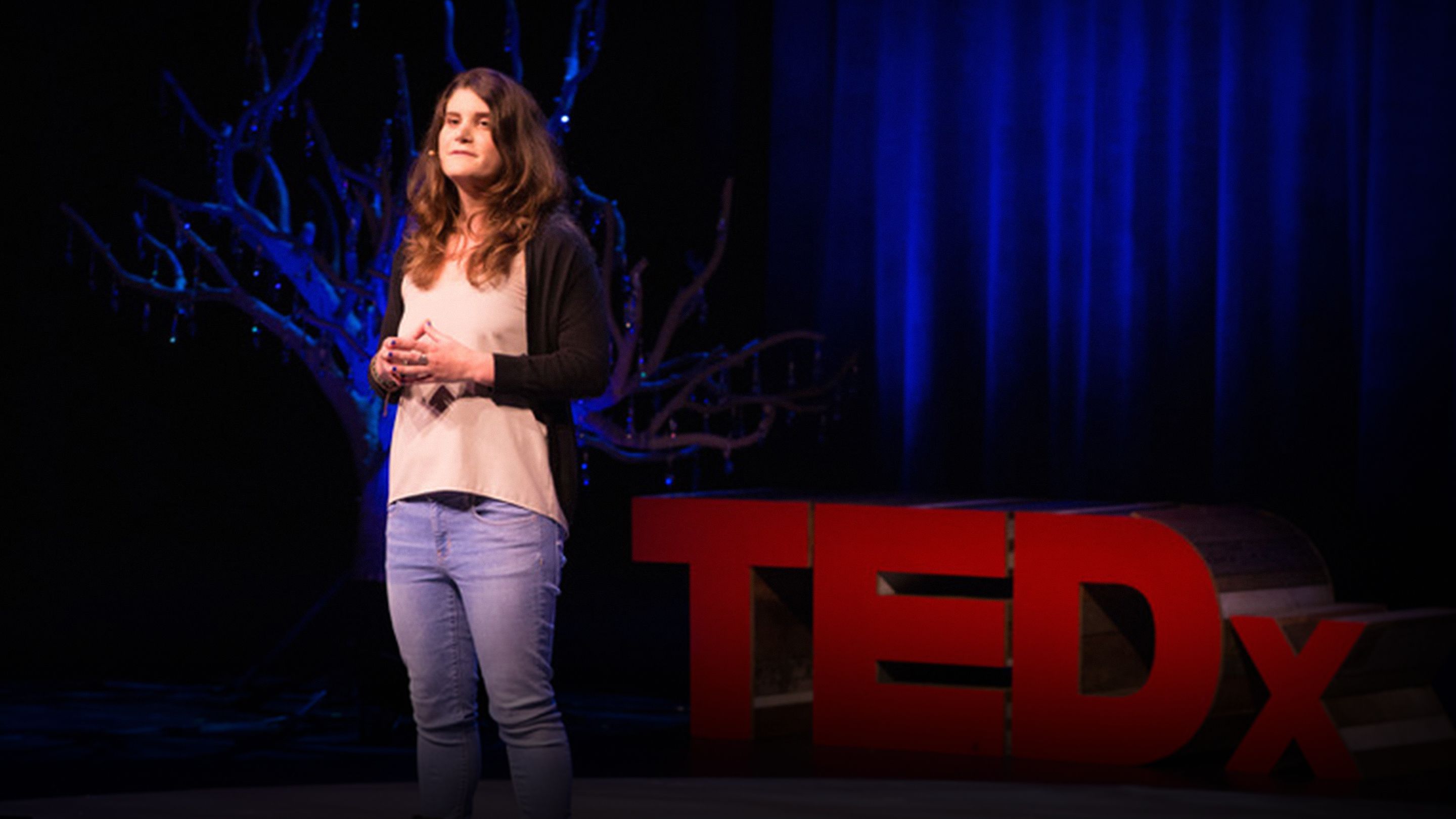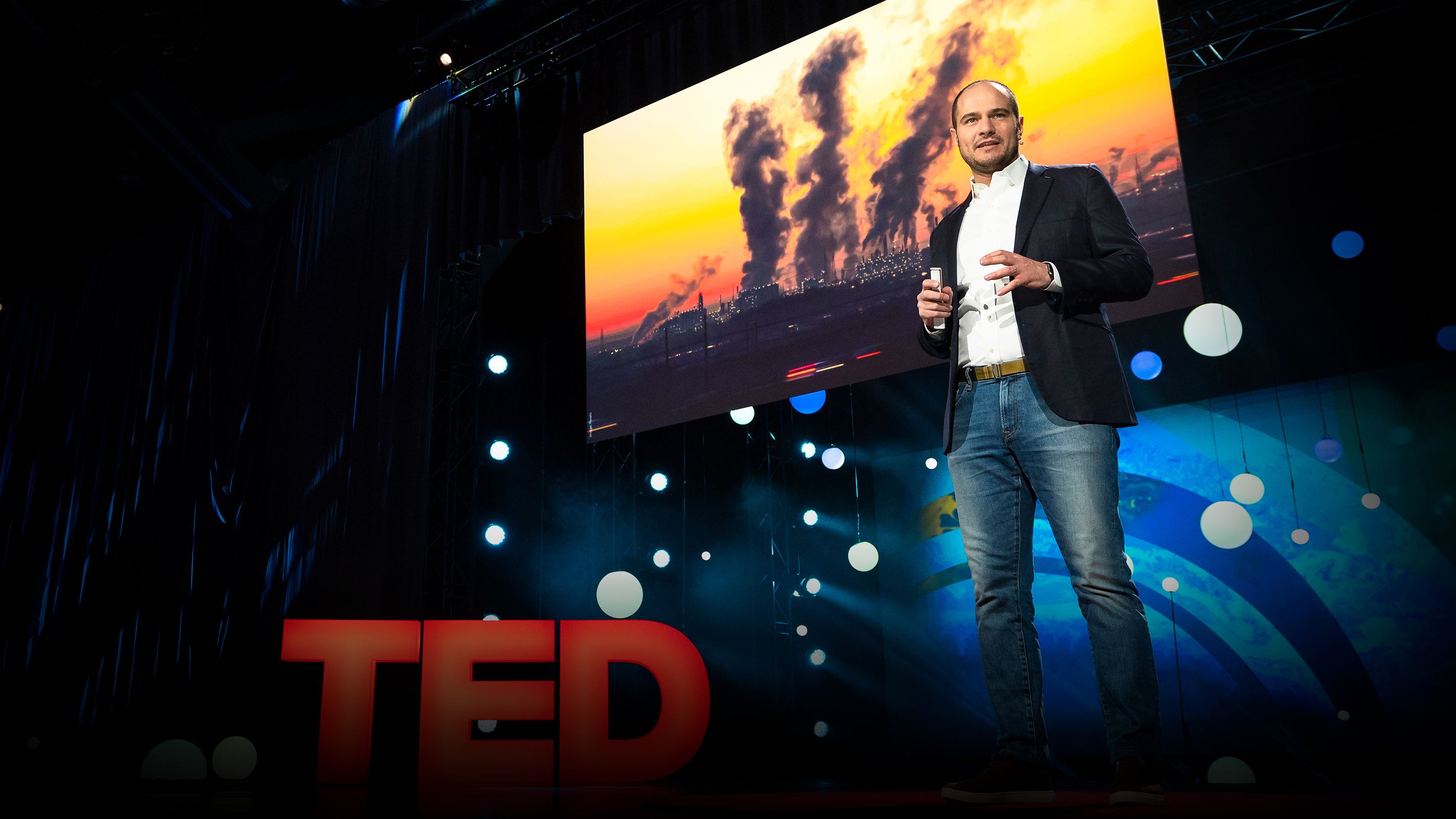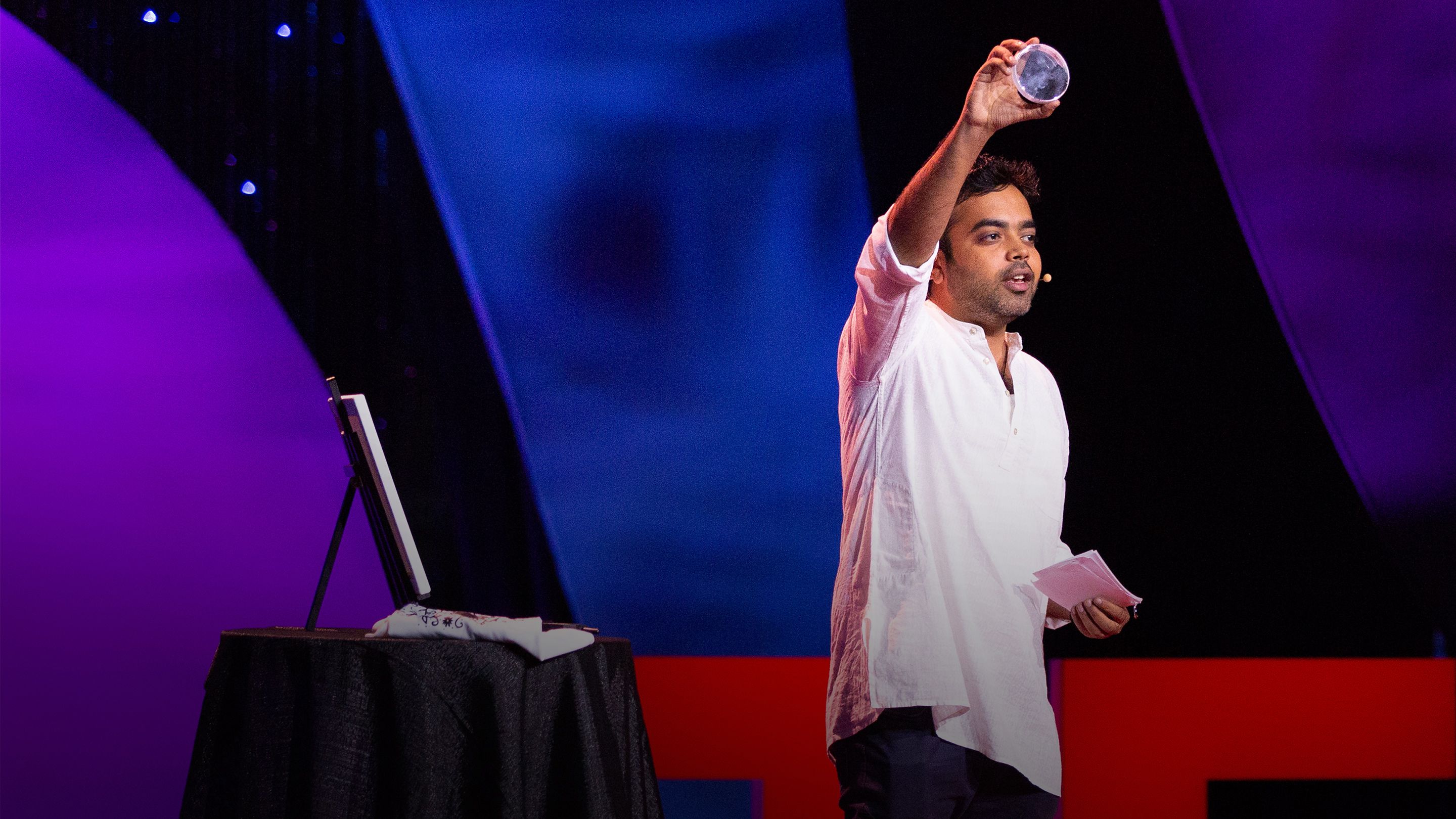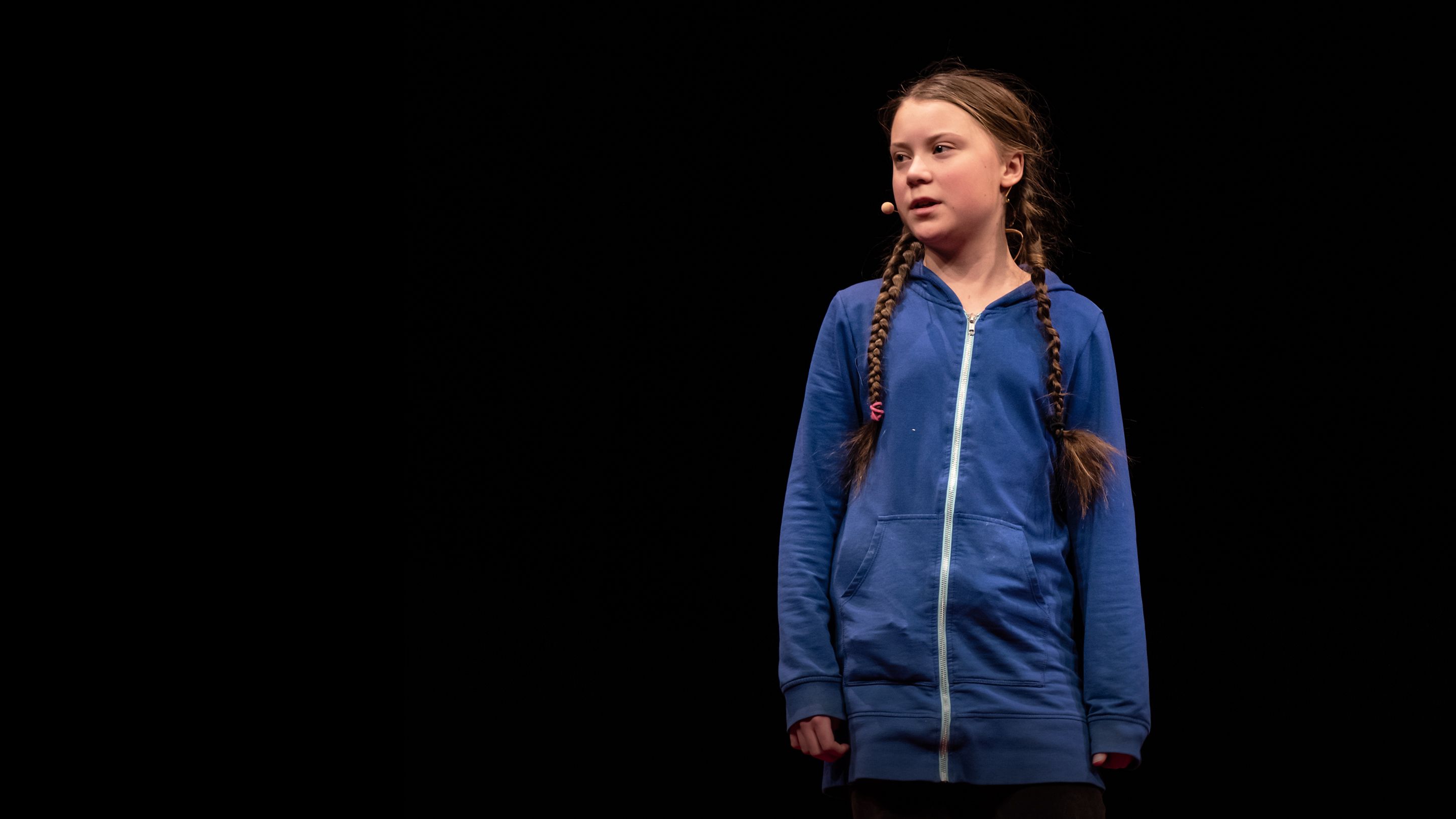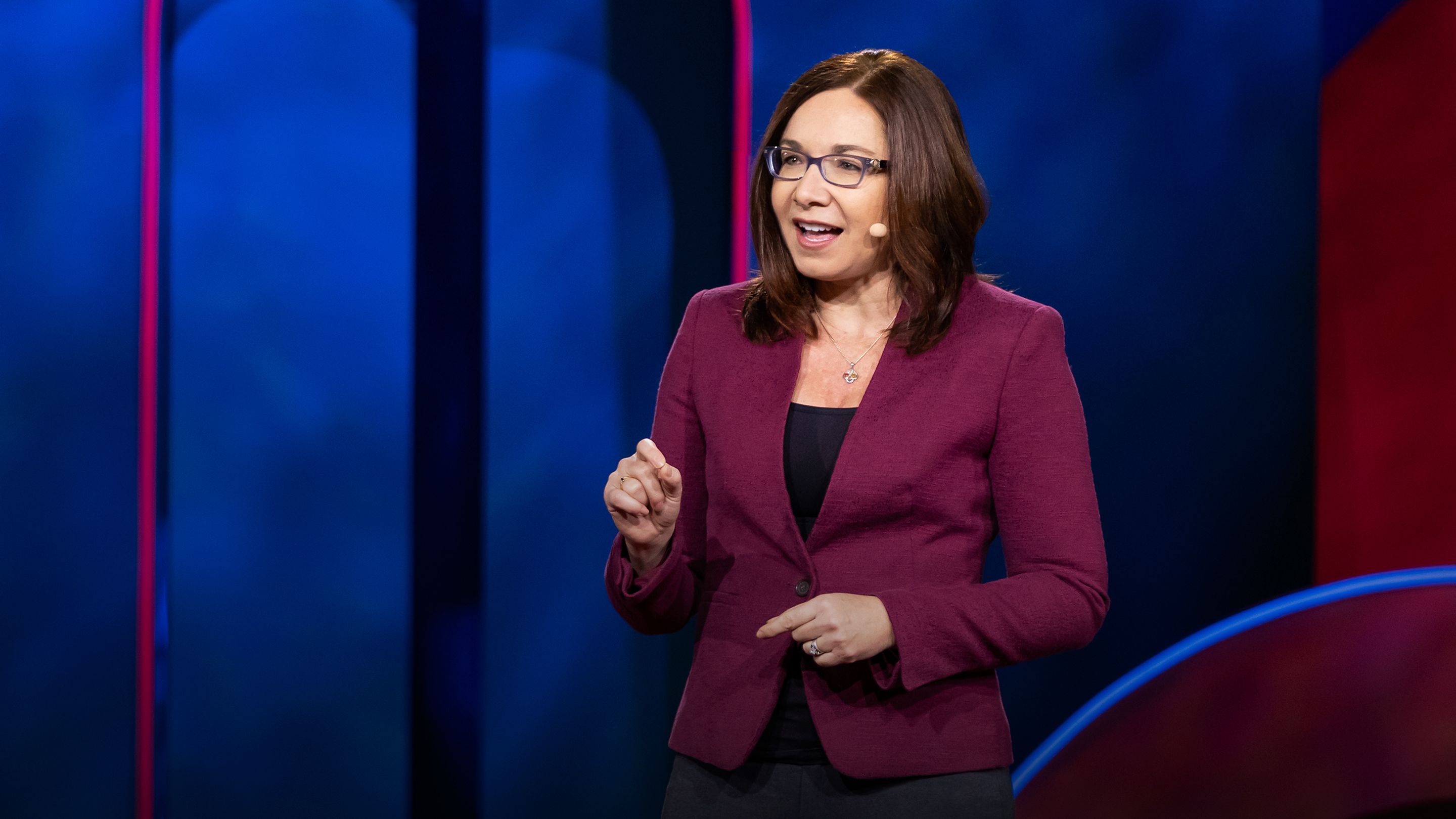Anthropocene
A collection of TED Talks (and more) on the topic of Anthropocene.
Video playlists about Anthropocene
Talks about Anthropocene
See all talks on Anthropocene
Exclusive articles about Anthropocene
Could hunters help bring back the woolly mammoth from extinction?
TED science curator David Biello explores the odd couple behind the de-extinction movement -- scientists and hunters -- and what this says about our ambivalent attitude towards animals
Posted Nov 2016
You have been living in a new geologic time all along
In August, a group of scientists announced that people deserve their own new epoch in official geologic time, like the Holocene or the Paleogene. Welcome to the Anthropocene!
Posted Sep 2016
